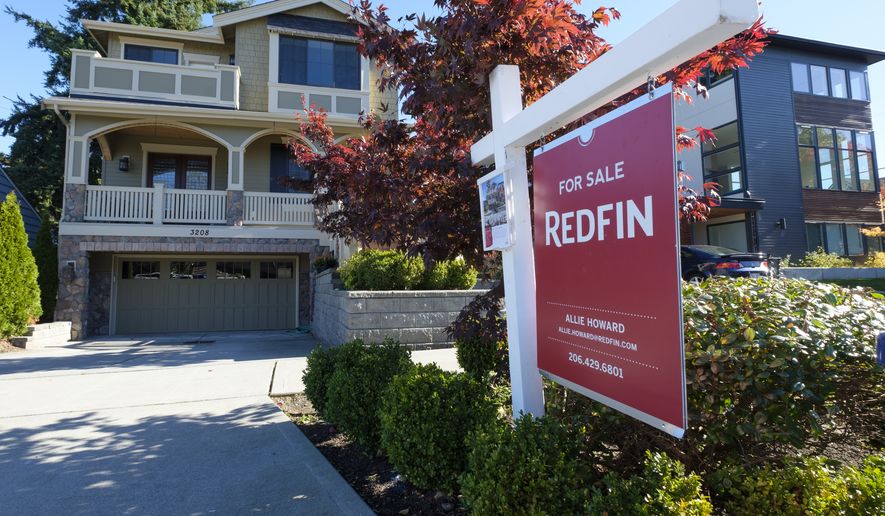OPINION:
Home is where the heart it is, but home is where there’s a big hole in tax receipts. The home mortgage interest deduction, which enables mortgage holders to write off the interest payments on their properties, will subtract $1.3 trillion from the federal government’s balance sheet over the course of the next decade.
Republican legislators are looking far and wide for deductions to cap and eliminate — the idea is that by closing enough of these so-called loopholes they can bring down marginal tax rates — and the popular mortgage interest deduction may get a trim. Under the mooted House tax reform plan, the deduction would be available only on mortgages of less than $500,000. Current loans would not be touched. The bill would further curtail the ability of taxpayers to write off their state and local taxes.
Fierce objections from the real-estate industry, homebuilders, mortgage lenders, and other interests with a vested interest in maintaining the deduction, is swiftly rising. The mortgage interest deduction is a powerful incentive for homeownership, enabling buyers to step up the ladder of property prosperity. That’s the standard argument for the deduction.
However “There doesn’t seem to be a strong systematic relationship between the mortgage interest deduction and homeownership rates,” say other persuasive voices, including that of Ben Lockwood, a professor at the Wharton School of Business at the University of Pennsylvania, who makes a study of the deduction. “A lot of the people who are benefiting from it are the ones who are likely going to buy houses regardless,” he tells National Public Radio. Ike Brannon, a Cato Institute economist, agrees. He observes that “only 30 percent of all taxpayers — pretty much the wealthiest 30 percent — find it worthwhile to eschew the standard deduction and deduct mortgage interest as well as state and local taxes. And since the savings from these deductions go up sharply with a homeowner’s income and home value, the benefits increasingly accrue to the richest homeowners in the most expensive homes.”
That makes it a regressive deduction, benefiting mostly the wealthy.
Ideally, the new tax system would be simpler, fair, and promote growth, with low rates and fewer deductions. Hacking away at the mortgage interest rate is a good place to start. So is curtailing the ability to write off local and state taxes. This, too, would benefit mostly the wealthy who often prescribe raising taxes to pay for more government. Any tax reform worth its name would resist the cries of the housing lobby and reform the deduction. It’s the only way to bring down marginal rates effectively.




Please read our comment policy before commenting.